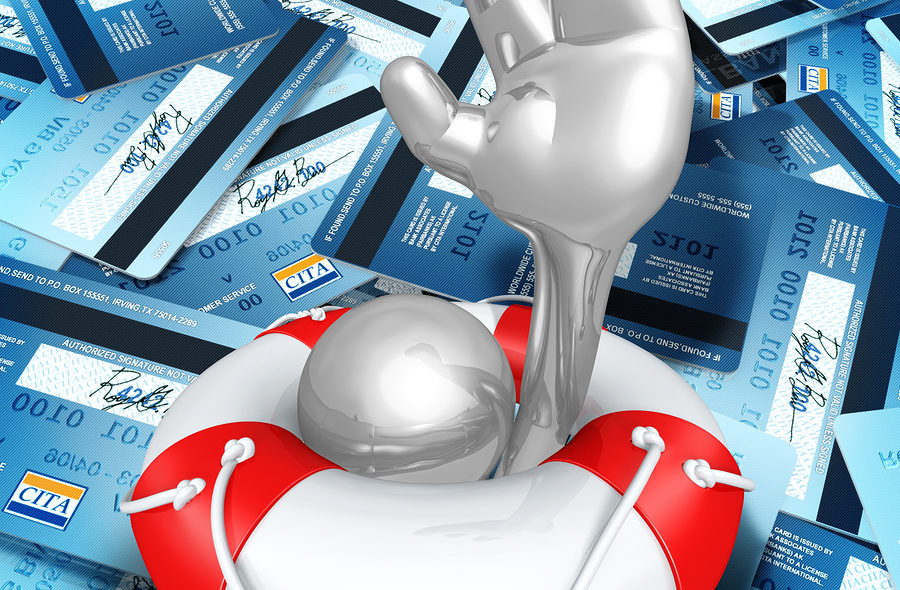Being saddled with debt is a stressful experience, but paying it down can be even more difficult, especially if that debt has a high interest rate. It helps to identify and prioritize these debts.
Of the types of high-interest debts, credit card debt is arguably the most common and most expensive to pay down. One reason credit card debt can be so hard to escape is the fact that it is revolving. What this means is the consumer has access to a continuing stream of credit, which can make it tempting to continue adding to the outstanding balance owed. In fact, there is nothing preventing the consumer from adding more to the debt until he or she reaches the credit limit.
As bankruptcy attorneys, we see credit card debt as one of the most common problems facing those with serious financial challenges. It is not surprising with the high interest rates, unreasonable fees, harassing debt collection calls, penalties and never-ending minimum payments that do not even make a dent in your actual debt.
Credit cards tend to have interest rates of at least 10 percent, if not more, depending on the consumer’s financial history. The person’s credit score and type of credit card determines what the interest rate will be. The average credit card has an interest rate of 23.4 percent, while store credit cards can have a higher average interest rate of 25.4 percent, according to statistics from Wallethub. Credit card bills will come with a minimum payment owed each month, and this small figure compared to the total balance owed can be deceiving.
Given the fact that credit cards are revolving debts, this minimum payment will often only pay the interest owed from month-to-month. Making real progress on paying down the debt can be impossible if the cardholder is only paying the minimum owed while continuing to spend on the card. On top of this, the credit card also operates on compound interest, which means interest is not only added to purchases made each month, but interest is also charged on top of interest already accrued.
It is for this reason that financial experts recommend that consumers focus on paying down the debts that have the highest interest rates first and not the lowest or highest outstanding balances. Consumers should examine their budgets to see what extra money can be paid towards that debt first before it is completely paid in full. Additionally, discontinue spending on that card while paying down the debt.
Personal loans are also notorious for having high interest rates. Unlike traditional loans, most personal loans are not secured by collateral or property. Personal loan interest rates tend to run between five and 35 percent, depending on the borrower’s credit score and financial history. The better the credit score, the better the interest rate will likely be. These loans should be a consumer’s focus first instead of loans that have lower interest rates, such as student loans and car loans. Continue paying on those debts but throw any extra money available towards the personal loan with the higher interest rate, especially if that loan has compounding interest.
Please click here to read more.
If you have questions on this topic or are in financial crisis and considering filing for bankruptcy, contact an experienced Miami bankruptcy attorney who can advise you of all of your options. As an experienced CPA as well as a proven bankruptcy lawyer, Timothy Kingcade knows how to help clients take full advantage of the bankruptcy laws to protect their assets and get successful results. Since 1996 Kingcade Garcia McMaken has been helping people from all walks of life build a better tomorrow. Our attorneys’ help thousands of people every year take advantage of their rights under bankruptcy protection to restart, rebuild and recover. The day you hire our firm, we will contact your creditors to stop the harassment. You can also find useful consumer information on the Kingcade Garcia McMaken website at www.miamibankruptcy.com.

